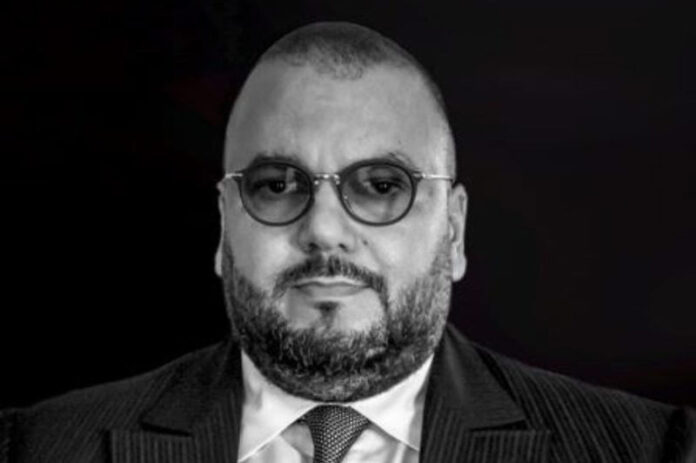In Morocco, secrecy becomes a burden when it refuses obedience.
Beneath the polished surface of Moroccan political stability and monarchical authority, a volatile affair has quietly exploded. The name Mehdi Hijaouy, once a high-ranking figure in the DGED, Morocco’s foreign intelligence agency, now symbolizes a brutal and discreet power struggle. This is no mere exile: it is a political purge, waged within an elite accustomed to silence and absolute loyalty.
The Quiet Fracturing of Morocco’s Spy Service
It was inevitable. When a man as embedded in the system as Mehdi Hijaouy flees the country, it’s never over a routine summons. Today, he is the subject of an Interpol red notice for alleged “fraud” and “facilitation of illegal immigration”, charges that carry more political weight than legal substance.
His Paris-based attorneys, William Bourdon and Vincent Brengarth, have filed to annul the warrant, denouncing it as a “purely political case” rooted in a fabricated judicial trap. The appeal to Interpol is less a legal maneuver than a warning: this conflict is no longer domestic; it is transnational.
Judicial Warfare as a Tool of Internal Discipline
While the exiled official avoids prosecution abroad, the Moroccan regime is busy tightening the screws on his entourage. Several police officers linked to Hijaouy have been quietly sentenced, symbolic moves meant to send a clear message. Meanwhile, his family is subjected to bureaucratic harassment: tax audits, blocked files, targeted investigations.
This isn’t justice; it’s deterrence. These pressure tactics, often hailed by Anglo-American analysts as “security resilience,” in truth reveal a closed system gripped by paranoia.
A Political Reading: When Silence Becomes a Threat
In a monarchy as hierarchical as Morocco, a figure like Mehdi Hijaouy is never just a civil servant. He is a vault of secrets. He knows the undercurrents of diplomacy, the unofficial channels from Rabat to Abu Dhabi, the informal dealings with Paris, the backroom coordination with Tel Aviv.
His flight is not only an escape, it is the emergence of a latent threat. By going abroad, he inadvertently acquires the power to speak, and in circles like these, to speak is to betray.
This explains the regime’s disproportionate reaction. They do not fear a criminal; they fear an insider with access, memory, and motive.
From Rabat to Interpol: Globalizing a Domestic Conflict
Invoking Interpol in what is transparently a political affair marks a curious turn: Morocco’s leadership is mimicking Western legal tools to settle internal disputes. The regime, usually obsessed with image control, has chosen to internationalize what amounts to a family feud within its intelligence services, a perilous choice, diplomatically speaking.
This is less about justice and more about preserving institutional fear. A system cannot afford leaks, not from its own architects.
Final Thought: A Silence Too Loud
The Mehdi Hijaouy affair is a mirror held up to the Moroccan deep state. It reveals a power structure that brooks no dissent, even from its most loyal operatives. Behind the façade of law and order lies the cold logic of institutional purging, and a regime increasingly exposed.



